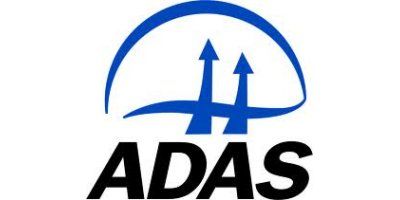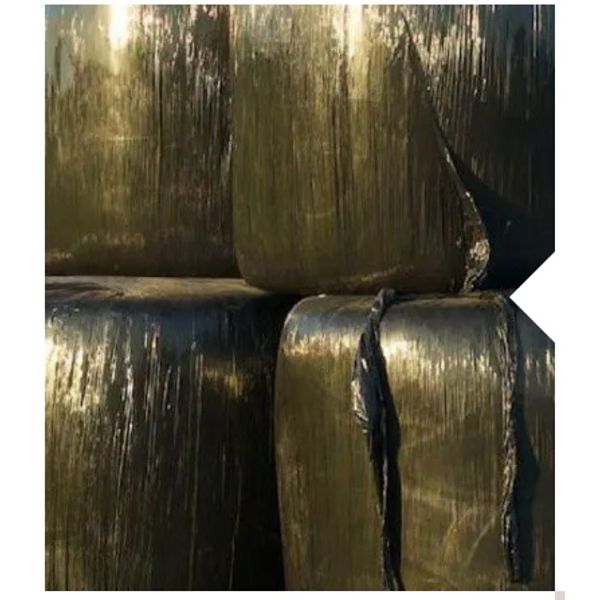

- Home
- Companies
- RSK ADAS Ltd
- Articles
- Farm waste exemptions: How to keep ...
Farm waste exemptions: How to keep costs down and stay compliant
Waste on farms typically arises from the normal use of inputs, but it also refers to packaging, containers, crop film, bale wrap building materials tyres, timber, manures not spread on land, etc. – anything you intend to discard.
The first and most cost-effective measure to manage waste is to avoid waste altogether or minimise it. When neither is possible, look to re-use waste in other ways to recover value on the farm. Disposal is a last resort when there is no other recourse left (interspersed with storage and processing actions).
As we move down the waste management hierarchy, environmental risks increase, prompting stricter regulations and greater costs to the business.
There are several pieces of waste-related legislation that apply to farms – the overarching one being the Environmental Permitting Regulations (EPR). Sludge (Use in Agriculture) Regulations and the Waste (England and Wales) Regulations apply to a particular type of waste that can come onto the farm to benefit agriculture and replace manufactured inputs.

Historically, compliance on farms focused on registering free waste exemptions – low-risk activities permitted under the Environmental Permitting Regulations (EPR) without the need for a permit. This changed in July 2025, when the Environment Agency (EA) introduced new charges for all waste exemption registrations, including those used by farms.
Each site must now pay a £56 registration fee, renewed every three years. A risk-based compliance fee also applies to each exemption, depending on its environmental risk level.
The EA has introduced a simplified charging structure for farms using only the 17 recognised “common on-farm” exemptions, which now include T29 and T32 (related to pesticide washings and containers). Sites benefit from a capped compliance charge of £88, meaning the total payable is up to £144 per site (assuming only one application every three years).
If the total cost of the selected exemptions falls below £88 based on their banding, the applicant is charged the lower amount instead.
Farms registering exemptions outside the 17 common ones are charged separately, at the full risk-based rates:
- Upper Band (e.g. plastic or wood processing – T8, T9, U16): £1,236
- Band 1 (moderate risk): £420
- Band 2 (low risk): £212
- Band 3 (very low risk): £30
To keep costs down, group all relevant agricultural exemptions into a single application to ensure the capped structure is applied. Be selective about any additional, non-agricultural exemptions – these fall outside the capped charge and attract full banded rates.
A Waste Activities Audit will identify the necessary exemptions while also highlighting opportunities to reduce, reuse, and recycle waste. This in turn will minimise the cost of compliant disposal.
A basic method for a Waste Activities Audit can be found in “Saving Money By Reducing Waste waste minimisation manual: a practical guide for farmers and growers, 2006” – written by ADAS waste management consultants.
If you need more information or bespoke help, contact ADAS Agricultural Consultant Cheryl Williams at cheryl.williams@adas.co.uk or call 07831 618442.
